Enhance your gaming experience with our services
Get the most out of your game with professional solutions
Maps in Valorant
Maps in Valorant play a crucial role in gameplay. They set the overall pace of the match, offer unique tactical approaches and mechanics. Each location has its own design, points of interest, and even interactive elements that teams can use to gain an advantage over their opponents.
There are 10 maps in total, released across different years:
-
Bind – 2020
-
Haven – 2020
-
Split – 2020
-
Ascent – 2020
-
Icebox – 2020
-
Breeze – 2021
-
Fracture – 2021
-
Pearl – 2022
-
Lotus – 2023
-
Sunset – 2023
However, not all of these maps are equally liked by the community. The experts at Goranked.GG have compiled a list of maps that are more or less popular among players. Below, you'll find information about fan favorites and skip maps, their key features, tactical nuances, and the reasons behind player preferences.
Top Valorant Maps
Not every Valorant map is well-received in terms of gameplay, but some became player favorites right from the start. For example:
-
Ascent
-
Haven
-
Bind
-
Lotus
-
Sunset
Why are these particular maps so popular? Let’s take a closer look at each one.
Ascent
A large map with strong tactical potential and location geometry. On attack, controlling mid is a common strategy, enabling fast rotations between bombsites A and B. Defenders use a similar approach — mid control and well-placed smokes to contain enemies within reachable zones. It’s popular due to its overall balance for both teams.
Haven
With three spike sites and a unique tactical structure, Haven stands out as a community favorite. The triple plant zones are both a blessing and a challenge for all players. Attackers must spread their efforts across the map, while defenders need to cover more ground, despite being somewhat predictable in their positioning.
Bind
A map with no mid, but equipped with teleporters — a mechanic that made it popular among pros. Attacks often revolve around teleport use to execute fast, unpredictable rotations. Defenders must watch the teleport points and secure nearby zones while reacting to sudden flanks.
Lotus
Three main areas and rotating doors define this dynamic map. Multiple paths offer opportunities and challenges for both sides. Attackers can use rotating doors for quick and aggressive moves, putting pressure on defenders. Meanwhile, defenders must hold key spots and use smokes, flashes, and abilities to slow and eliminate threats.
Sunset
Although it’s one of the newer maps, Sunset feels very classic and straightforward, which appeals to many players. Two sites, a central mid, and clean lines of play — it sticks to traditional design. Attackers seek to control mid, while defenders hold sites and guard entrances. Both sides rely heavily on smokes and flashes to gain the upper hand.
These are the community favorites — but there are also maps that players often prefer to skip. We'll cover those next.
Controversial Maps in Valorant
Some maps in Valorant evoke mixed reactions from the community, such as:
-
Split
-
Icebox
-
Breeze
-
Fracture
What do players dislike about them? Their scale, mechanics, lack of tactical freedom, balance issues — and more. Let’s take a closer look at each one.
Split
Extremely narrow corridors and complex architecture make it difficult for attackers to maneuver. However, for defenders, it’s one of the most favorable maps: every spot and approach can be controlled from strong positions. Attackers need to focus on deploying smokes to enter sites and holding mid, while defenders can simply hold key positions and pick off intruders.
Icebox
A multi-layered map with a heavy emphasis on vertical gameplay. Tactical advantage often comes from dominating high ground. Attackers must execute complex movements to enter sites from above. Defenders mainly need to hold elevated positions and slow down attackers approaching the plant zones.
Breeze
A wide-open map that leans more toward fun firefights than structured tactics. Most of the space is open to sniper lines, making rotations difficult for both sides. Attackers should control mid while avoiding sharpshooters, and aim to pressure both sites. Defenders can secure key angles and pick off enemies before they get close.
Fracture
A unique map with an unconventional spawn layout. It offers opportunities for fakeouts and flanks, but this design isn't for everyone. Attackers usually split up to pressure both sites or run decoys. Defenders need to control plant approaches and respond quickly to the attackers’ movements.
That said, these maps aren't universally disliked. They tend to be more challenging for beginners and require strong team coordination and mechanical awareness. Many players still enjoy them.
And just as many are hoping for something new — waiting (and asking) Riot Games for fresh maps. Are you one of them? Good news might be on the way.
New Maps
No matter how many maps are added to Valorant, players always want more — isn’t that right? Throughout the game's lifespan, 10 maps have been released, but not all have stood the test of time or earned long-term fan loyalty.
Currently, the following maps are available in the title:
-
Ascent
-
Haven
-
Icebox
-
Lotus
-
Pearl
-
Split
-
Sunset
Although Riot Games hasn’t made an official announcement, a teaser recently surfaced online hinting at a new map set in France, styled after the iconic Mont-Saint-Michel castle.
As always, a new Valorant map promises to bring fresh dynamics to the gameplay. In addition to an antique aesthetic, the map will likely introduce hybrid mechanics that combine vertical and horizontal strategies.
In this sense, the new map could be a great opportunity to take a break from the more classic locations — especially for those who’ve memorized every route and angle over the past five years.
If you're not in that category yet, now’s the perfect time to change that with Goranked.GG’s mentoring service. Ready to master all the top maps? Or maybe you'd prefer to focus on lesser-known but highly tactical arenas? Reach out to Goranked.GG and level up your skills!
More to read
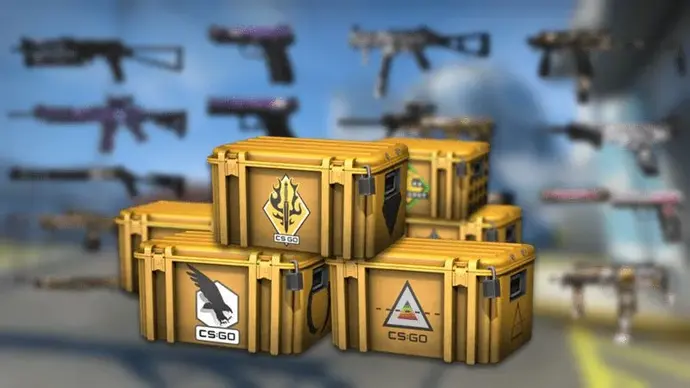
Most Expensive Cases in CS2
An overview of the most expensive CS2 cases, their prices, rare drops, and investment potential — what drives value and which cases remain promising in 2026.
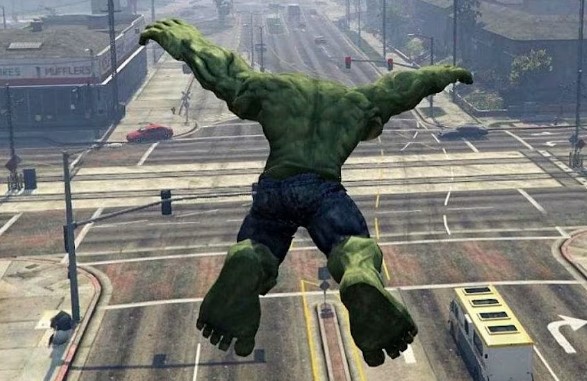
How GTA 5 Modded Accounts Work
Learn how GTA 5 modded accounts work, what benefits and risks they include, and what you should know before buying to start playing with ready-made progress safely.

How to Get Free Fortnite Accounts (Without Getting Scammed)
How to safely get free Fortnite accounts, recognize common scam methods, and understand where real opportunities exist without risking your data or main account.
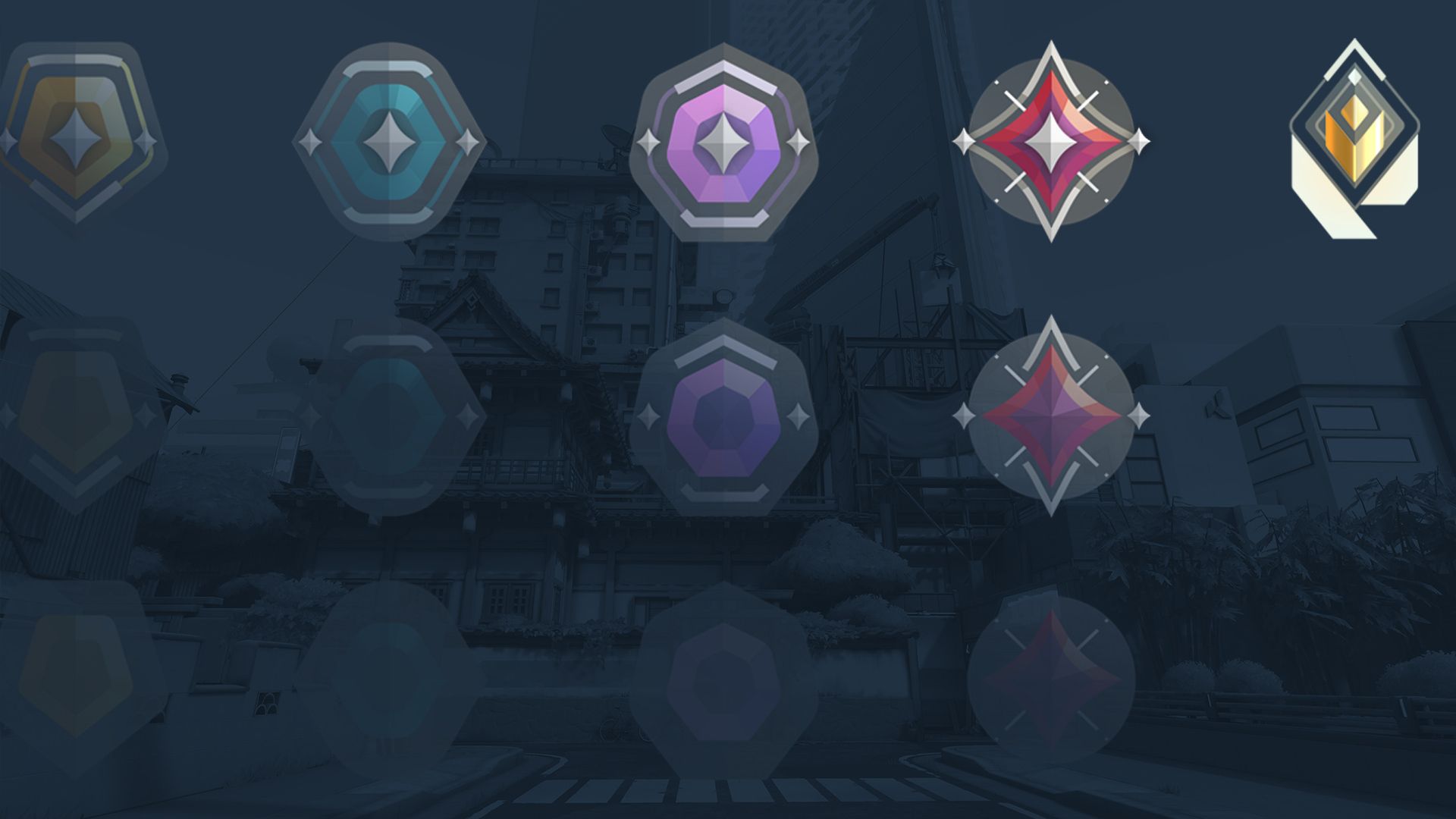

How to Rank Up in Valorant Faster
How to rank up faster in Valorant by improving core mechanics, smarter peeks, communication, game sense, and mindset — the factors that lead to consistent wins and steady ranked progress.
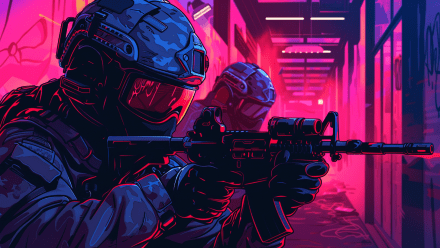
How Matchmaking Works in CS2
Learn why wins alone don’t guarantee rank ups in CS2, how hidden rating works, and what truly drives your matchmaking progress.
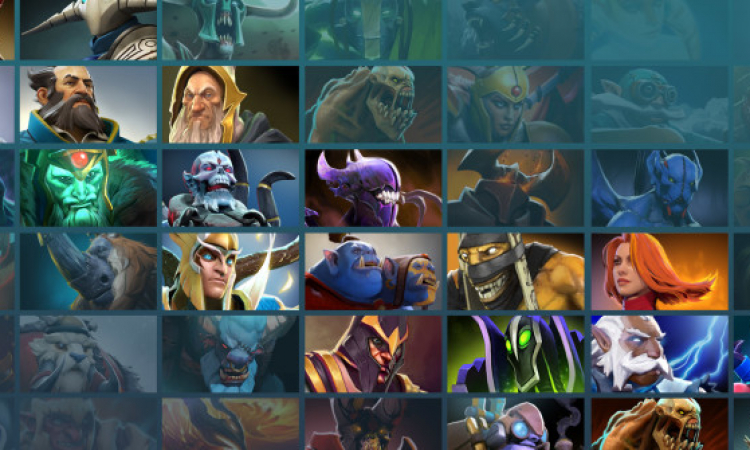
Best Solo Queue Heroes in Dota 2
Best Dota 2 solo queue heroes guide featuring meta picks, lane dominance, scaling cores, and practical strategies to climb MMR with reliable impact in real matches.


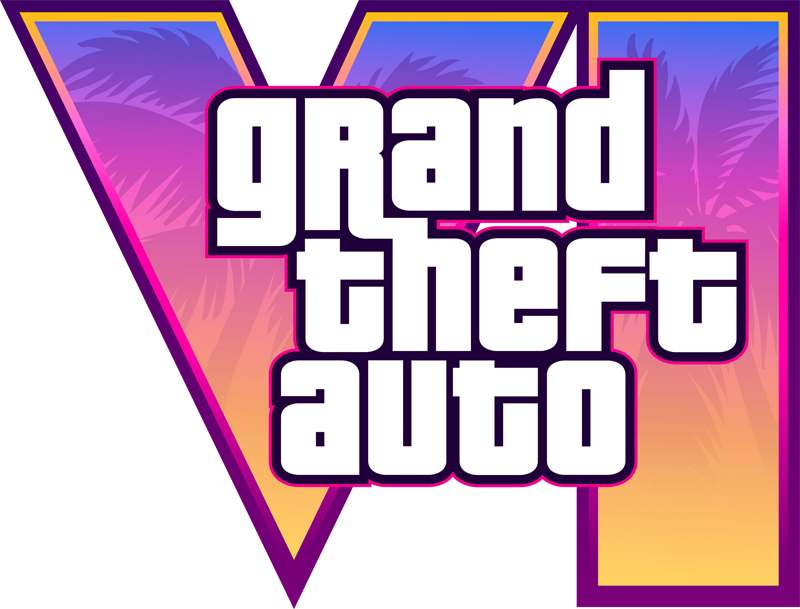
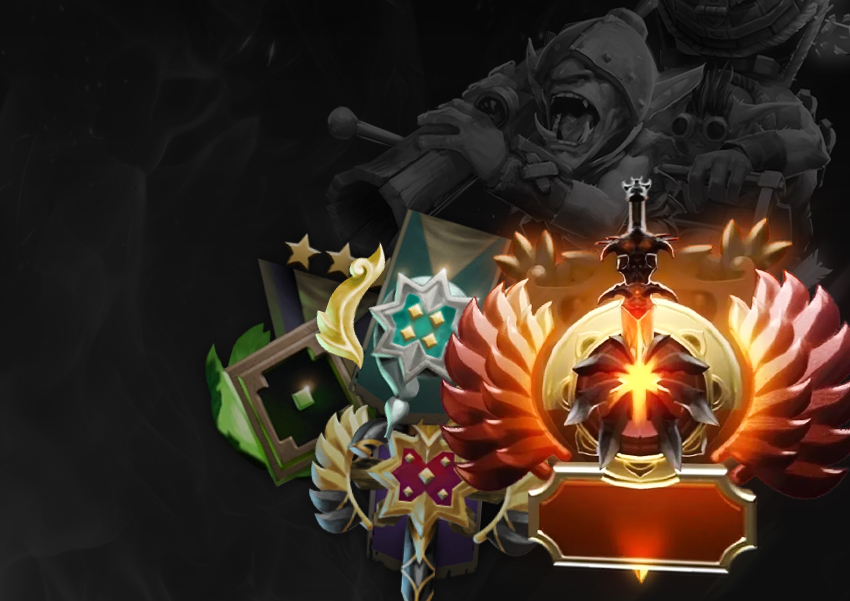
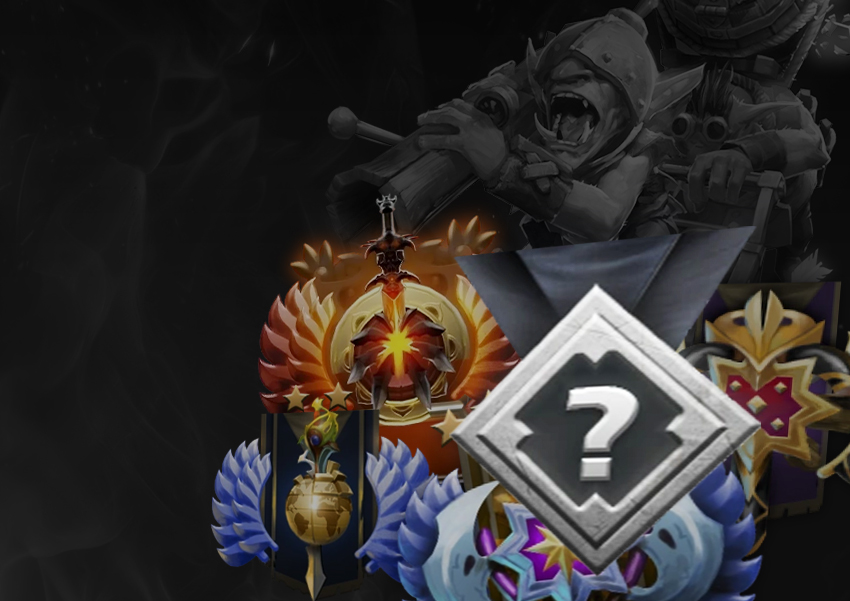

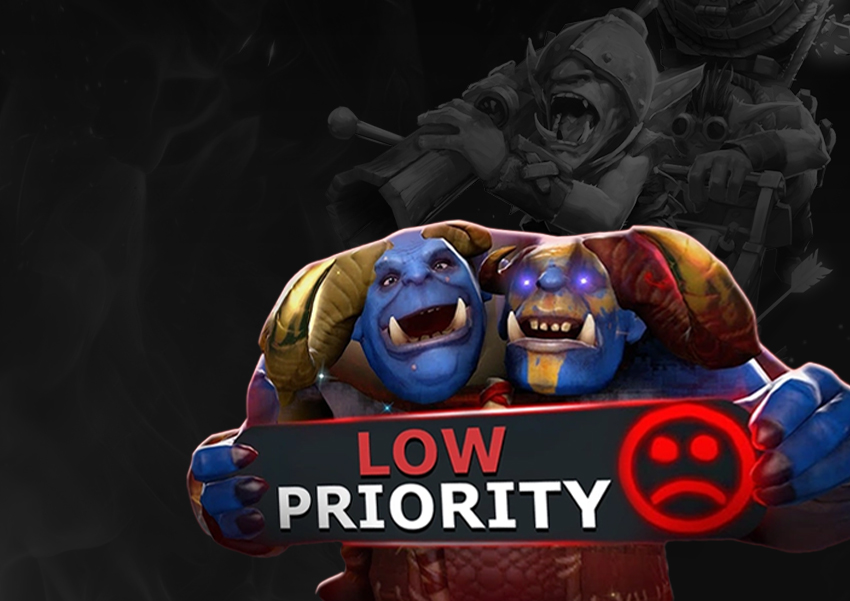
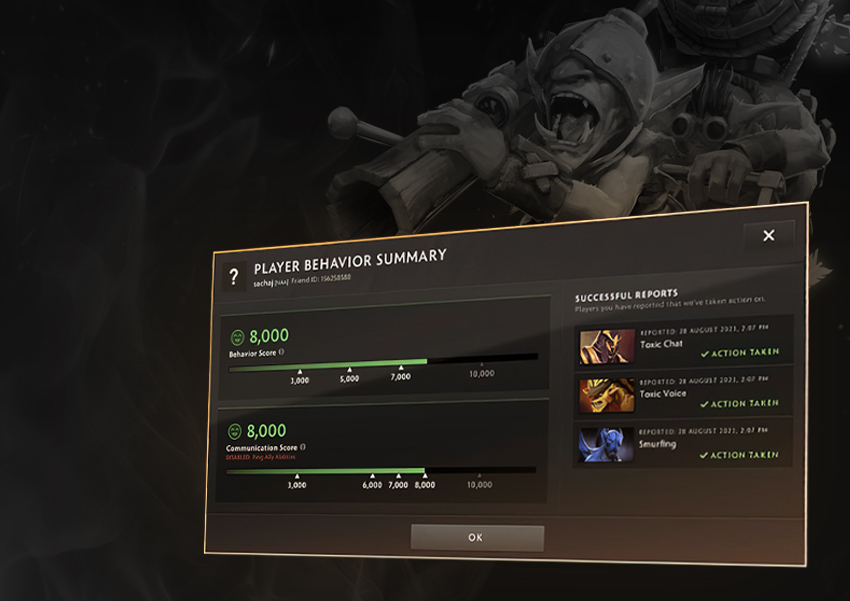
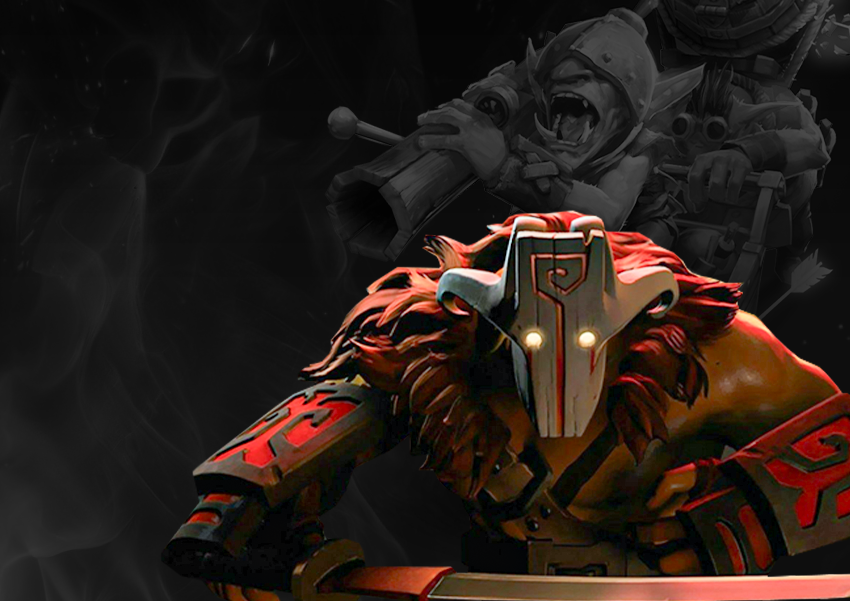
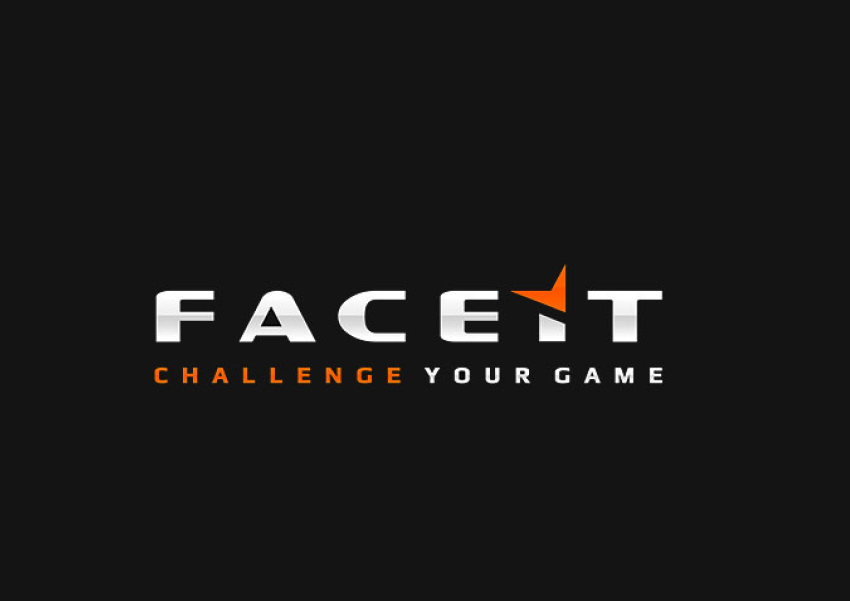
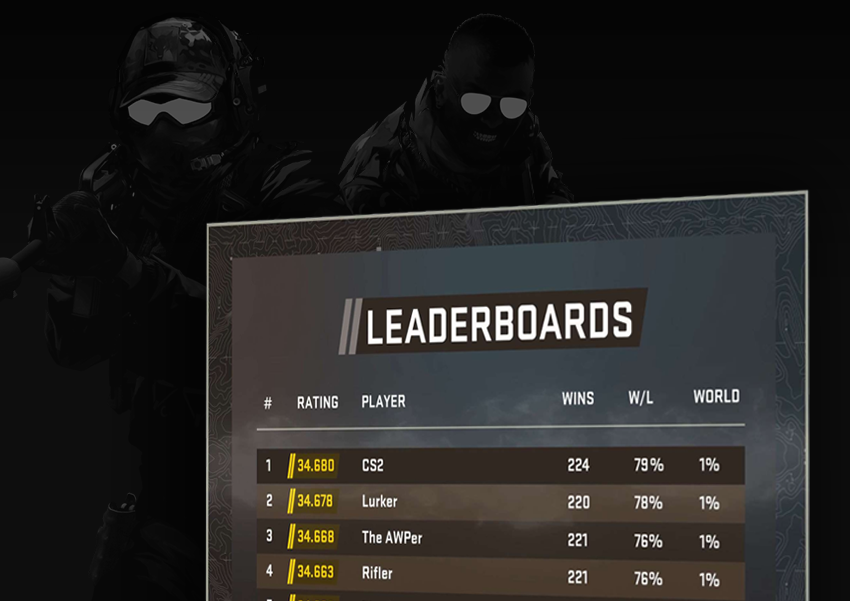
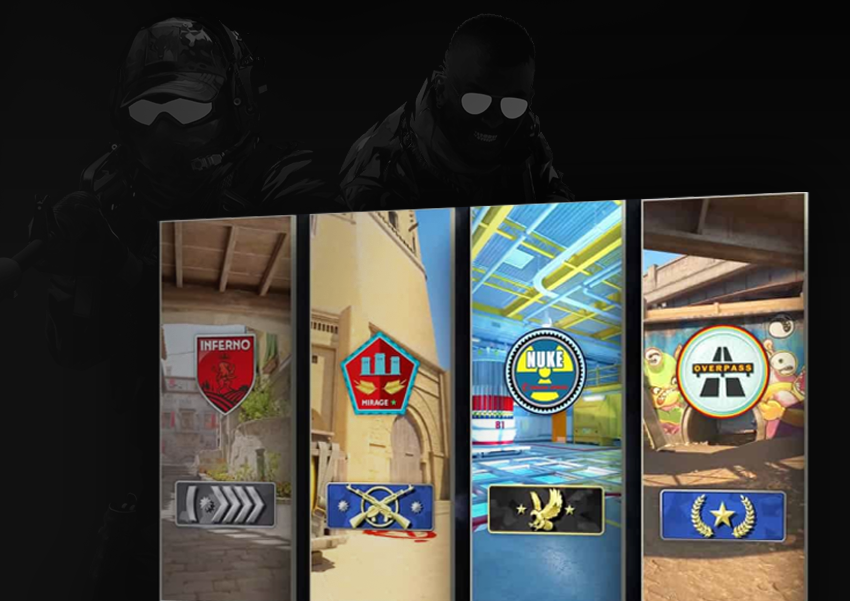
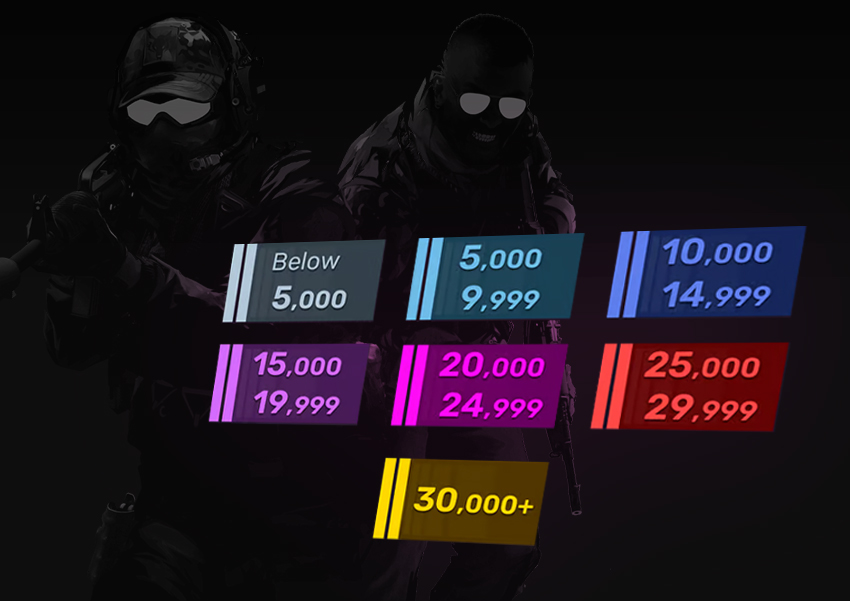
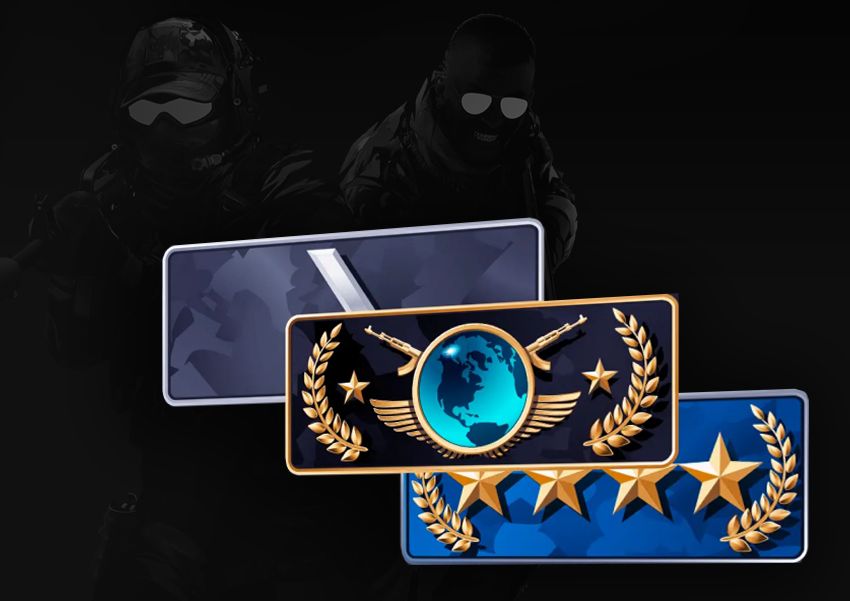
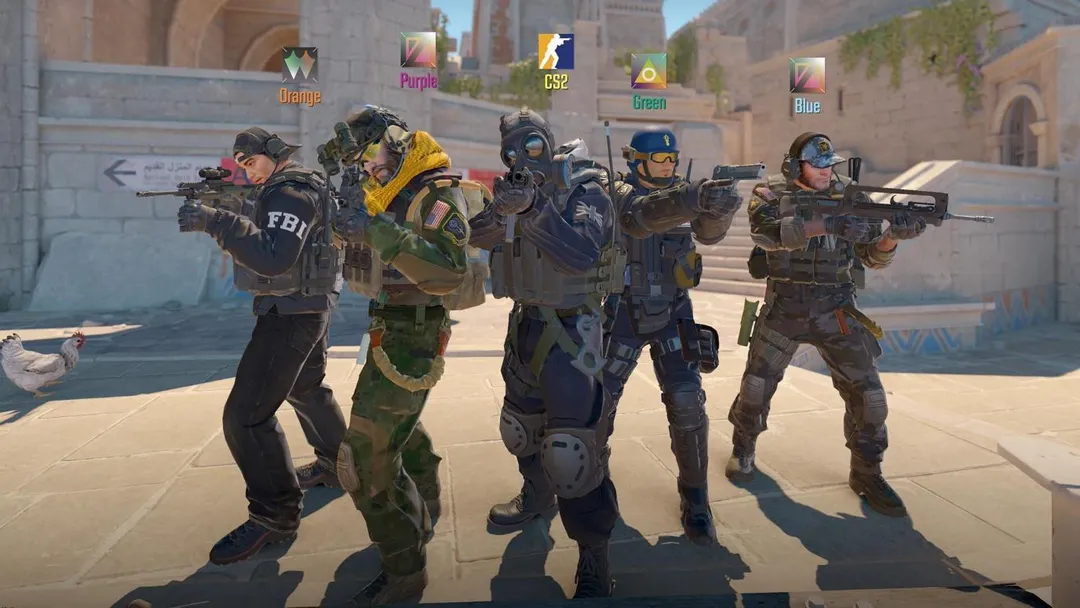

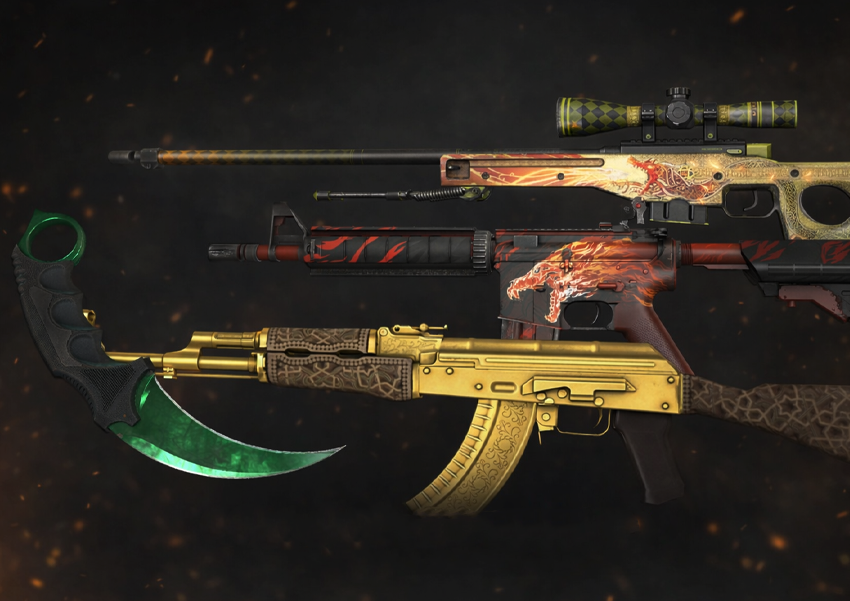


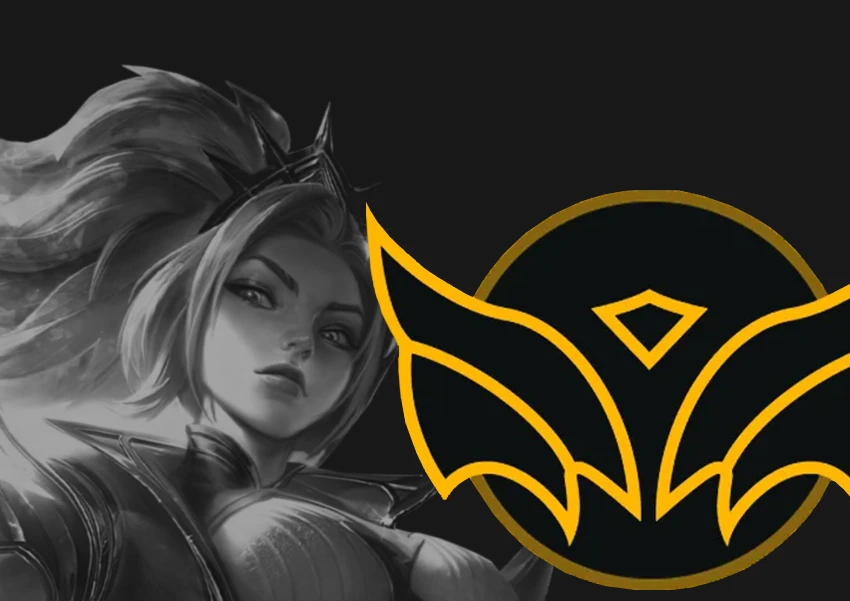





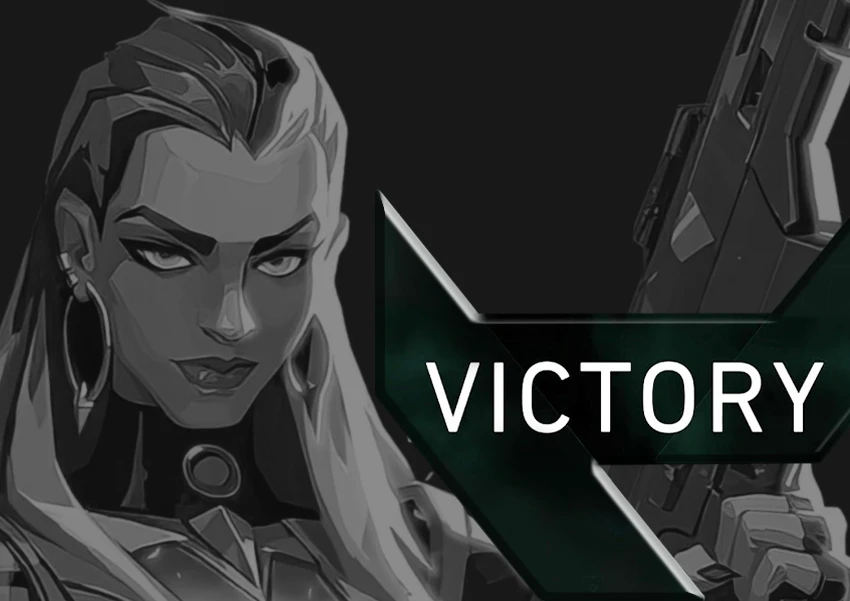
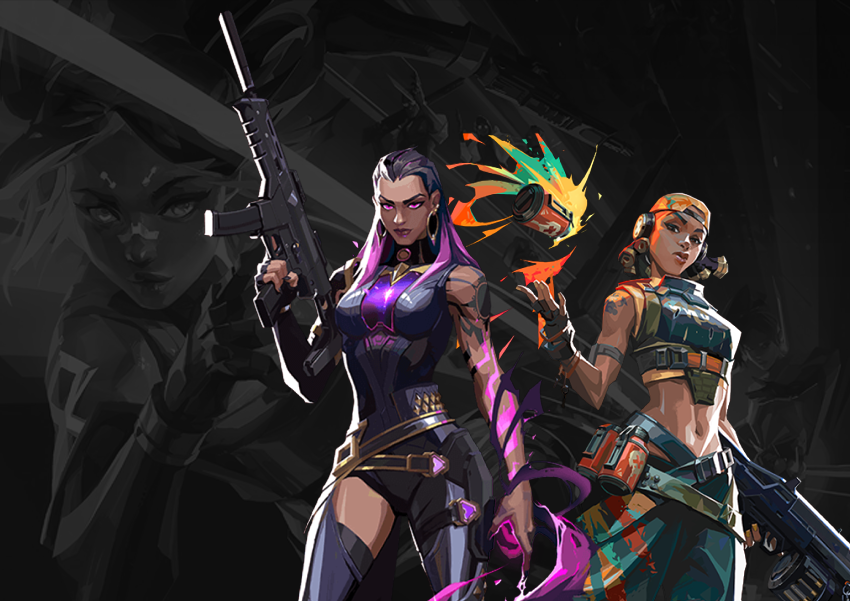


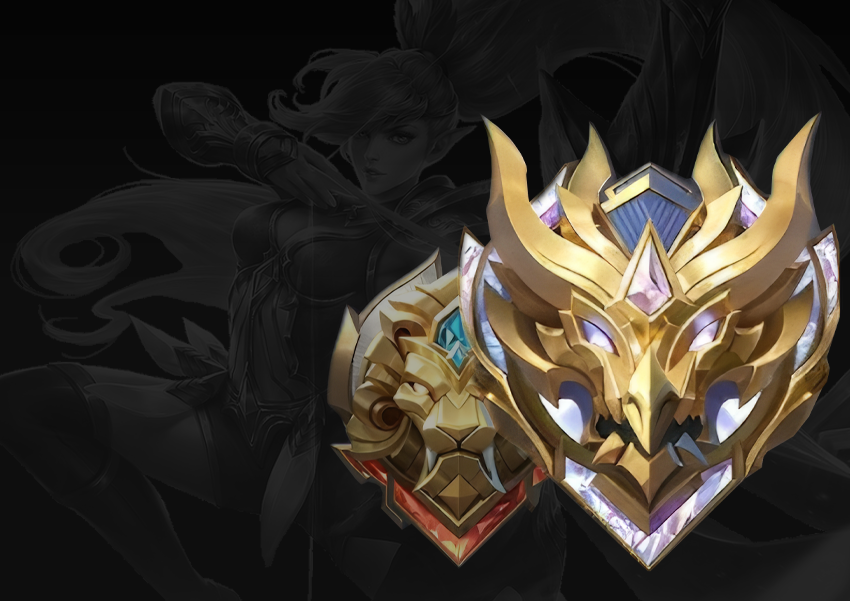


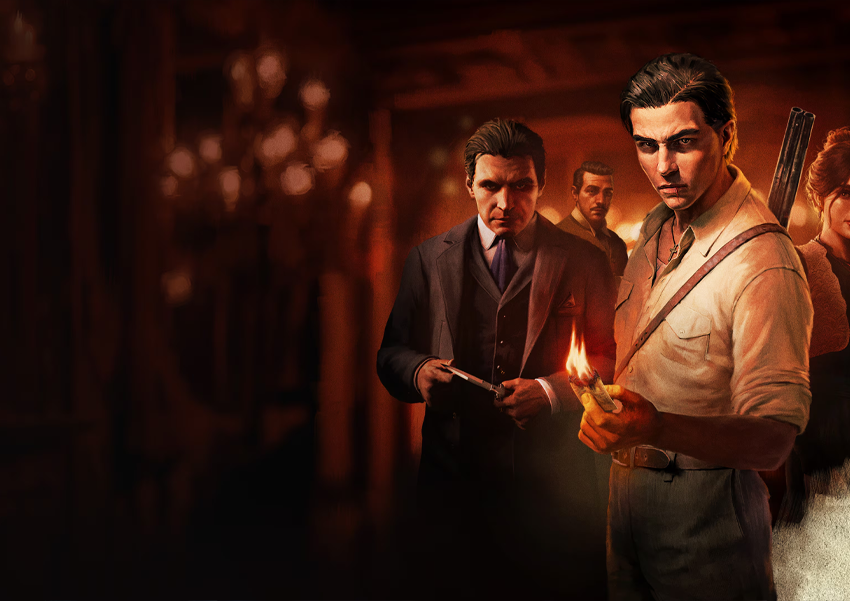

Comments on the article
Поки немає коментарів. Будьте першим!
Leave a comment